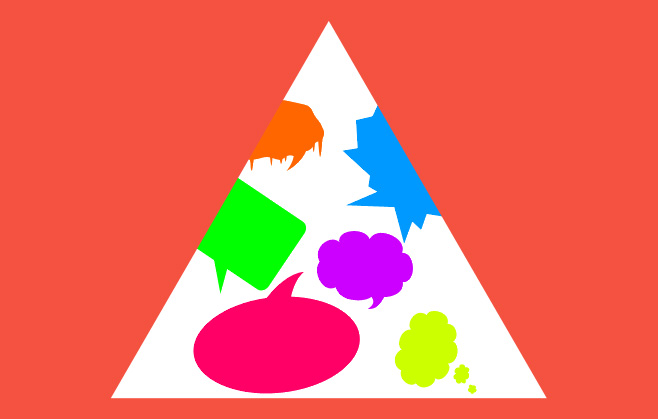
Chaatz: The next revolutionary messaging app?
It comes as a given that mobile messaging apps and social media platforms are compatible with our smart phones. But in countries where feature phones are the norm as opposed to iPhones and Android devices, this means only a fraction of the population can communicate through the apps we generally take for granted. So what might happen now that Chaatz, a mobile messaging app for feature phones has launched?
Chaatz, founded by the team of engineers who worked on Facebook’s chat feature, has been heralded as the latest app to “bridge the communication gap between feature phones and smartphones”. Just this week, Chaatz was launched for iOS systems, with the Android app set to follow within the next fortnight. The final aim is to release Chaatz for feature phones towards the end of this year, with the team having already secured deals with carriers and manufacturers. This means that users in developing nations without access to the Internet, or even using a SIM-less device can have a way to connect with their contacts for free, and from an app that groups all conversations together.
Aside from the fact that Chaatz will most likely be an exciting new app for those who can’t use WhatsApp, WeChat and others, The Practice team have been testing it, and we like the fact that its features mark it apart from its competitors. Apart from the usual attributes common to all similar platforms including the ability for voice, text and photo-sharing, Chaatz also allows you to create multiple profiles for communicating solely with friends or colleagues, for example. There’s also the Chaatz virtual number which allows users to connect with others without them knowing the person’s real one. Secondly, this number can act as a local one in whichever country the user wishes to send and receive messages from, meaning that costs are kept down considerably for international users. The team behind Chaatz have also revealed that at some point in the future, they hope the app will be available on platforms including wearable tech devices.
And we certainly think that Chaatz is destined for success if Facebook’s feature phone messaging app (Facebook for Every Phone App) is anything to go by. The app, launched in 2011, excelled in emerging markets when it was launched on over 2500 devices such as Nokia, Sony Ericsson and LG, achieving a user base in excess of 100 million. And if consumer figures offer a predictable indicator of Chaatz’s success, Gartner reported that sales of feature phones exceeded those of smartphones (2012) while 70 per cent of consumers in emerging markets said they wanted better access to social networks. Finally, we imagine that Chaatz’s popularity will lie in its cost effectiveness- there will be no need for users to invest in more expensive smartphones, and it will become the first messaging app to allow friends, family and colleagues from around the globe to communicate with each other for free.
Do you think Chaatz will help the way certain developing countries view mobile communication? And do you think it will become the next revolutionary messaging app? We’d love to hear your opinions as always, so please tweet to us @PracticeDigital and share your thoughts on our Facebook page.




